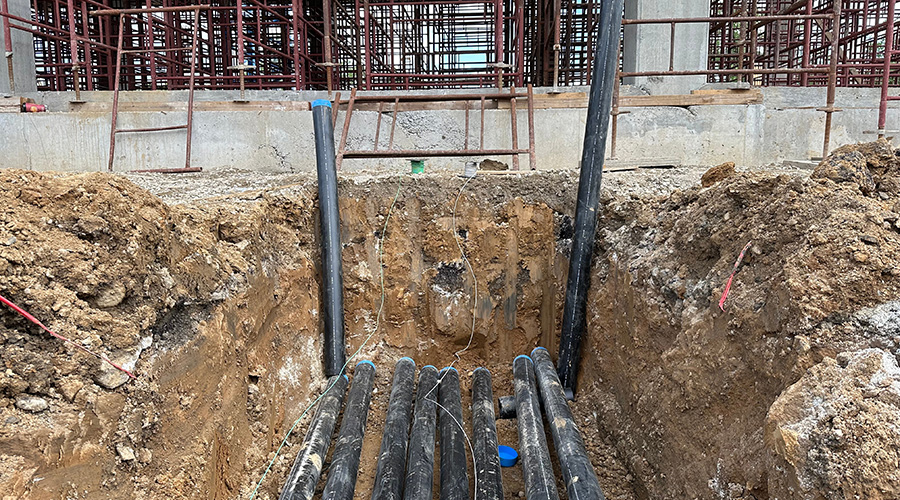« Back to Facilities Management News Home
« Power & Communication
5 Tips To Protect Facilities from Cyberattacks
Urgent Technology, a global facilities maintenance and asset management software provider, has launched ‘Cyber-threat and the FM solution,’ a white paper exploring the threats posed by cyber-security breaches.
Cases of cyber-attacks and corporate espionage are on the rise, with notable high-profile breaches, including the world’s once-ranked “number one” cyber-security consultant. In September 2017, Deloitte admitted it had been hacked, and according to reports the cyber-security attack had gone unnoticed for months. Earlier that same month, Equifax, the United States credit monitoring agency, admitted the personal data of 143 million U.S. customers had been accessed or stolen in a massive hack in May. Hackers have breached half of the 28 million small businesses in the United States, according to the 2016 State of SMB Cybersecurity Report, and the CNBC SurveyMonkey Small Business Survey 2017 found that 14 million US businesses are at risk of a hacker threat.
"FMs and their organizations face significant challenges in the future in combating the cyber-threats posed by the convergence of physical assets within a building with data," says Jesse Klebba, CEO of Urgent Technology. "This is why a wide-ranging and proactive approach should be taken to ensure that the FM can reap the undoubted benefits of workplace digitization, while ensuring that facilities are not open to undue risks. In the future, FM and IT must always remain alert to the latest cyber-threats, and must work together with their software supply chain to help reduce the likelihood of data breaches.”
Cyber-hacking is no longer the sole concern of the IT department; it is an assault on the entire organization, from the C-Suite, to human resources (HR) and facilities management (FM). As the lynchpin behind the maintenance of a building’s operational integrity, today’s FM plays an important role in protecting systems against hackers as well as meeting the latest regulatory standards.
This paper explains how these divisions can work together to become the guardians of an organization’s security and data, covering the following areas:
1. Key areas of vulnerability: A particular area of vulnerability is access by end users to any part of the network. Employee security training should educate staff on what habits could compromise organizational security and enable hackers to exploit the Building Automation Systems (BAS) or networked systems.
2. The consequences of ignoring the threat of cyber-breaches: Ignoring the threat of cyber-breaches could have far reaching consequences, including physical damage to equipment or infrastructure, theft of high value property, loss of revenue and loss of customer confidence.
3. The opportunities and challenges of IoT: The growing utilization of the Internet of Things (IoT) which connects devices throughout a building or even an entire city, brings many operational benefits by helping to automate building services, but also opens up the real risk of organizations being hacked through their Building Management Systems (BMS).
4. Data protection and the Cloud: It’s important to establish a best practice strategy to secure data in the Cloud, protect data integrity while in transit over the public internet, and securely provision devices.
5. The FM’s role in preventing cyber-attack: To address the cyber-security risks which may affect their organization, FMs first need to acknowledge that they have a crucial role to play. This is because, due to the evolution of information technology within the workplace, the responsibility for data security has tended to be viewed as the remit of the IT department.
To download the ‘Cyber-threat and the FM solution’ white paper for free, please visit: https://urgtech.com/cyber-threat-whitepaper/
More From 11/27/2017 on FacilitiesNet







